When your work takes you into tight spaces where clearance is limited, a ratchet can be your best friend. But if a standard 72-tooth ratchet is good, is a 120-tooth ratchet even better?
[alert heading=”10-Second Summary” type=”alert-info” block=”false” close=”false”]
- A 10″, 120-tooth ratchet needs 0.35″ less room than a 72-tooth
- 72-tooth ratchets are less expensive, more durable, and more widely available
- Have at least a 120-tooth ratchet and/or a set of ratcheting wrenches should be on every Pro’s list
- In most cases, DIYers are fine to stick with 72-tooth ratchets[/alert]
[adsenseyu1]
Do You Actually Need A 120-Tooth Ratchet?
For most applications, probably not. The truth is that there really aren’t that many times where a 120-tooth ratchet will prove more beneficial than your trusty, old 72-tooth standard ratchet.
It Don’t Mean A Thing If It Ain’t Got That (Arc) Swing
For one thing, a 72-tooth ratchet needs a 5° swing arc for the pawls to catch and allow you to turn your bolt, whereas a 120-tooth number will only need 3°. This is a big help when your bolt is in a really cramped spot and you’ll still get the same swing distance when you don’t.
How big of a difference is that?
Let’s look at a 10″ wrench or ratchet. At 5º, the top of your wrench needs to clear 0.87″ to move up another tooth. At 3º, it needs slightly more than half an inch at 0.52″. That’s not a lot either way you look at it, but it does make a difference.
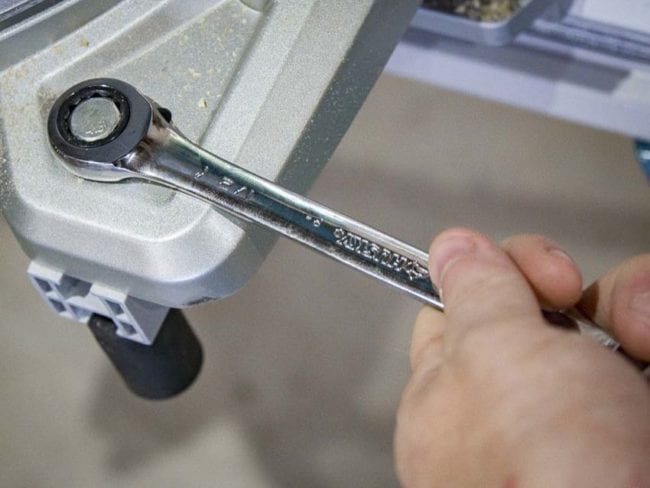
Incidentally, for those super tight and precise jobs, where even the 120-tooth ratchet won’t quite cut it, SK Hand Tools makes a set of ratcheting wrenches that manage a 1.7° arc swing. Of course, it will take an obscene amount of working these wrenches to get a full bolt rotation if you’re going one tooth at a time. But when you need a ratchet that can work in the bare minimum amount of clearance, these will get the job done eventually.
Shake It, Don’t Break It
The main reason why a 72-tooth ratchet will be the better call for the vast majority of applications comes down to the issue of durability. The weakest parts of your ratchet are the pawls and teeth, and while the 120-tooth ratchet will have more teeth, those teeth will be smaller and more likely to fail against a lot of pressure. You shouldn’t be breaking super torqued nuts free with your ratchet anyway, but we all fall to pride at some point.
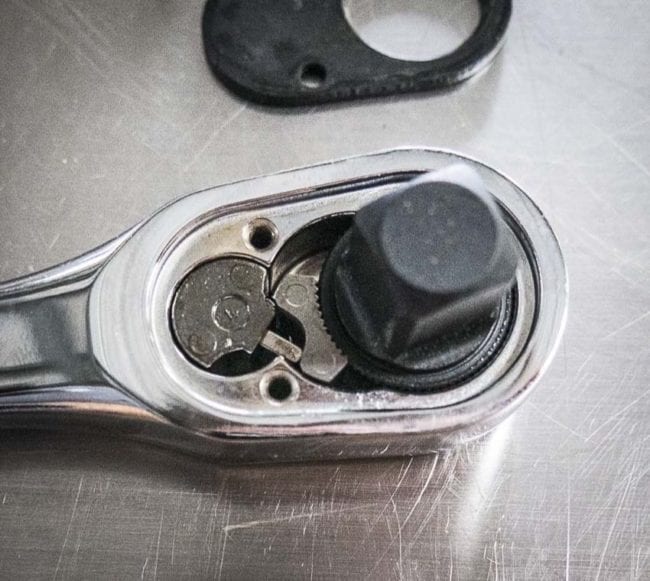
The other benefit is that 72-tooth ratchets are more affordable and you can grab them at any home improvement or hardware store.
[adsenseyu2]
The Bottom Line
Undoubtedly, there are some instances where it really doesn’t hurt to have a 120-tooth ratchet in your arsenal. Sometimes, that pesky bolt is located in such a way that 5° of arc swing isn’t going to hack it. If you’re a Pro, there’s a good chance you’ll come across that need sooner or later.
However, the vast majority of applications really won’t call for that degree of precision and you can save some money and stick with the tried and true. For DIYers, it’s the way to go.
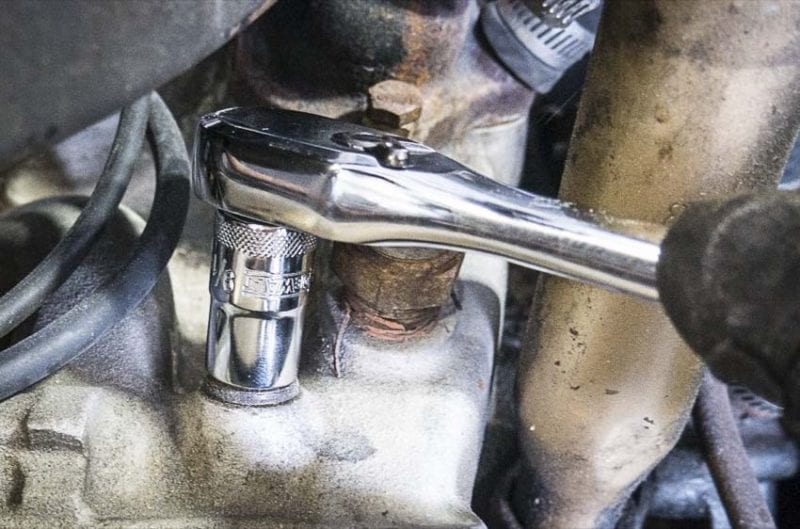



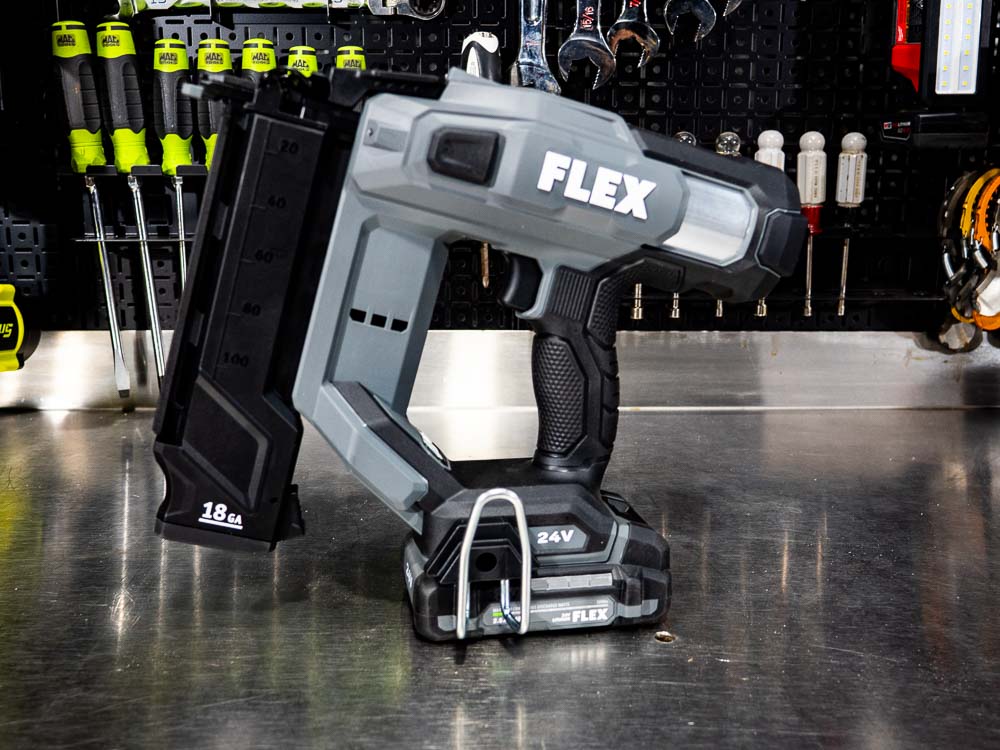
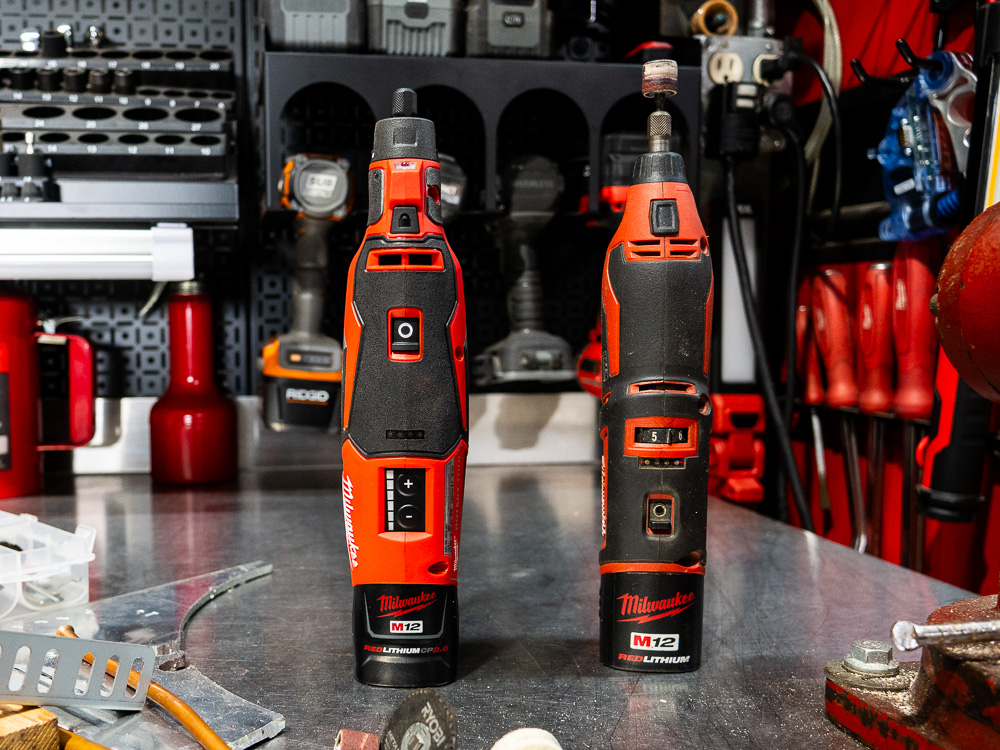


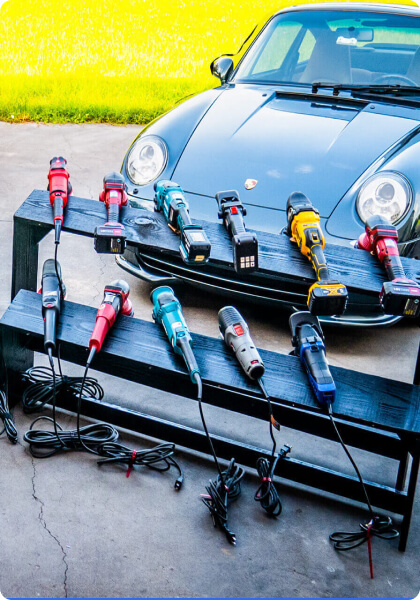
Leave a Reply